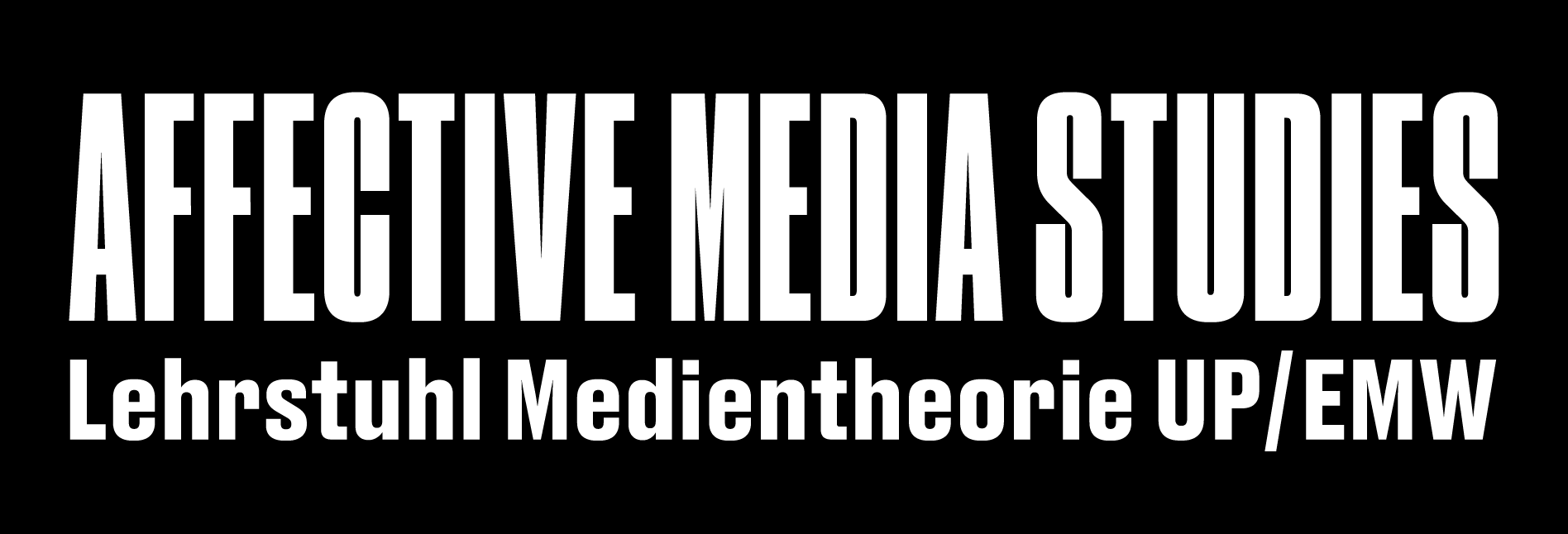back
#4GenderStudies: An Intersectional Perspective on Anger
December 19, 2020
Blog — In her current research Anne Potjans explores anger as »affective reaction«. With focus on the US-American context she examines, how emotional expression, and more specifically expressions of rage and anger are circumscribed by social hierarchies.
For science day #4GenderStudies she has summarized her intersectional approach to anger: »(…) recent displays of racialized violence combined with the latest surge of resistance to such violence has created a field of tension within which conversations about race and racism are currently taking place. The Covid-19 pandemic fuels and necessitates those conversations and highlights the social imbalance when it comes to Black and Brown people’s quality of life. Systemic exclusion at the intersections of race, gender, sexuality, class, and (dis-)ability, and the resulting lack of access to basic physical and psychological care are issues that mark the current political moment. In Black diasporic contexts, state sanctioned violence has been a key topic in Black cultural productions. Numerous authors, artists, and scholars have explored the connection between the transatlantic slave trade, Black genocide, and anti-Black racism in the present.
(…) Centering a Black feminist perspective, I draw on bell hooks, Audre Lorde, Bettina Judd, Brittney Cooper, Alys Eve Weinbaum, and Claudia Tate among others, who have identified anger at racialized oppression and the continuous experience of inequality as a major component of Black people’s interiority: whether openly expressed, repressed, internalized, transformed or otherwise navigated, anger and rage can be seen as affective responses that call attention to the experience of injustice and unequal treatment. In other words, I understand Black anger as an affective reaction that exhibits the emotional imprint of an ongoing history of racialized violence and trauma. Representations of Black anger – both as a site for analysis, as well as an analytical tool – capture the paradox between »the unthinkability of Black feeling within the onto-epistemological framework that structures civil society« (Palmer, »Black Affect«, 2017: 32). They also depict the ways in which Black anger is often seen as unjustified, pathological and destructive, and therefore repressed. At the same time, if we look at the ways in which this anger is contained and curtailed and kept from being expressed, it uncovers the fact that Black anger is perceived as dangerous to the status quo of white mainstream society, and that it is rooted in knowledge, a different kind of truth, creative potential, and an overall capacity to effect fundamental systemic change. As Audre Lorde reminds us: »Anger is loaded with information and energy« (»The Uses of Anger«) … read more
Anne Potjans teaches American literature and culture at the department of English and American Studies at the Humboldt-Universität zu Berlin, where she also works on her PhD project with the working title »›Why Are You So Angry?‹ − The Uses of Rage and Abjection in Black Feminist Literature« (working title).
#4GenderStudies is part of a science day of the same name organized by the ZtG (Zentrum für transdisziplinäre Geschlechterstudien).
